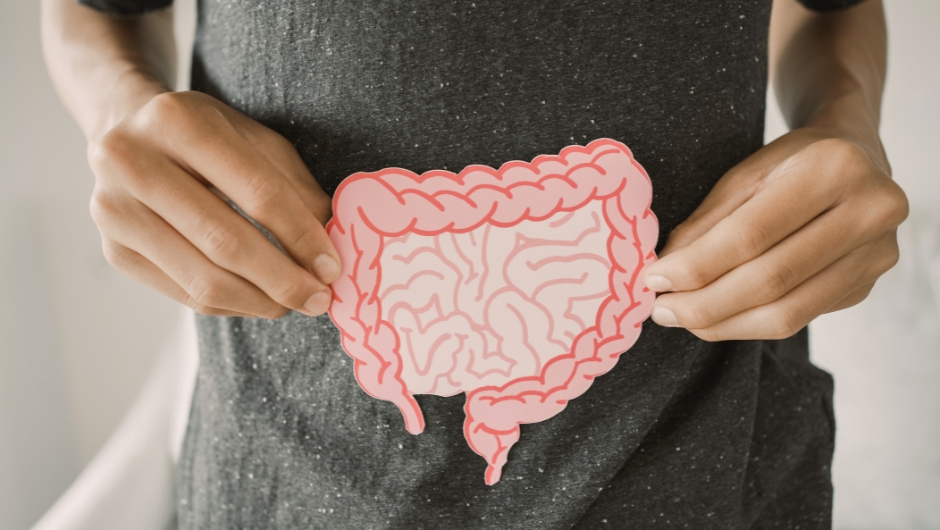Ayurvedic Practices for a Healthy Gut That Still Work Today

Ayurveda, India’s ancient system of natural healing, places digestion (agni) at the very center of well-being. According to this wisdom, a strong and balanced digestive fire determines how well you absorb nutrients, eliminate waste, and resist disease. Modern science is now catching up, showing clear links between gut health and immunity, mood, and energy levels.
Many Ayurvedic practices for digestion have been used for thousands of years and remain remarkably relevant today. They are gentle, inexpensive, and easy to adopt in a modern lifestyle. Below is an in-depth look at a few key habits—each one powerful on its own, and even better when combined.
Triphala Before Bed
Triphala is a traditional herbal blend of three dried fruits: amla (Indian gooseberry), haritaki, and bibhitaki. Together they balance all three doshas—Vata, Pitta, and Kapha—and provide a mild, nourishing cleanse.
How to use:
- Mix about one teaspoon of Triphala powder in a cup of warm water.
- Drink it about 30 minutes before bedtime.
Why it works:
- Supports regularity: Triphala stimulates peristalsis (the natural movement of the intestines) without the harshness of chemical laxatives.
- Strengthens digestion: Instead of weakening agni, it tones and nourishes the intestinal walls.
- Detoxifies gently: Its natural antioxidants help remove ama (toxins) that can accumulate from poor diet or stress.
Many people notice improved bowel movements within a few days, along with lighter digestion and less bloating.
Copper-Charged Water
Storing water overnight in a copper vessel—a practice known as tamra jal—is a simple yet effective Ayurvedic ritual. Copper naturally releases trace amounts of minerals into the water, creating a gentle “charged” drink for the morning.
How to use:
- Fill a copper pot or bottle with clean water before going to bed.
- Drink one glass as soon as you wake up, on an empty stomach.
Why it works:
- Flushes toxins: The mildly ionized water helps remove ama built up overnight.
- Improves gut motility: Copper supports peristalsis, encouraging natural bowel movements.
- Balances doshas: Copper is considered tridoshic, meaning it can calm Vata, Pitta, and Kapha alike.
This habit gently awakens the digestive system and hydrates the body after hours of sleep.
Desi Ghee on an Empty Stomach
Pure desi cow ghee is often called “liquid gold” in Ayurveda. Far from being just a cooking fat, it acts as an internal moisturizer and healer for the gut.
How to use:
- Early in the morning, mix one teaspoon of ghee in a small cup of warm water and drink it before breakfast.
Why it works:
- Lubricates the intestinal lining, making elimination smoother and more comfortable.
- Stimulates bile secretion, which aids in the breakdown of fats and improves nutrient absorption.
- Reduces inflammation: Ghee contains short-chain fatty acids like butyrate, which modern research shows are beneficial for colon health.
This is especially helpful for people with dryness, chronic constipation, or those recovering from gut irritation.
Supportive Lifestyle Practices
Ayurveda views digestion as more than food alone. Daily movement and mindful postures play a major role in keeping the gut healthy.
- Squat Position for Elimination: Traditional Indian toilets encouraged a natural squatting posture. Squatting straightens the rectum and relaxes pelvic muscles, allowing for complete evacuation. Even in a modern bathroom, placing a small stool under your feet can mimic this angle.
- Yoga for the Abdomen: Gentle yoga poses like Pawanmuktasana (wind-relieving pose) and Ardha Matsyendrasana (seated spinal twist) massage the abdominal organs, release trapped gas, and improve circulation. Practicing these for just 10–15 minutes a day can noticeably reduce bloating and discomfort.
- Stress Management: The gut and brain are deeply connected through the vagus nerve. Practices such as deep breathing, meditation, or even a short evening walk help lower cortisol levels, which in turn support healthy digestion.
Integrating These Habits into Modern Life
You don’t need to adopt every ritual at once. Start small: perhaps a nightly glass of Triphala tea or a morning of copper-charged water. Gradually introduce ghee or yoga poses as they fit your schedule. A few additional tips enhance their effectiveness:
- Eat freshly prepared meals rich in seasonal vegetables, fruits, and whole grains.
- Maintain regular meal times, allowing at least three to four hours between meals so the gut can fully digest.
- Stay hydrated throughout the day, but avoid excessive cold drinks, which can dampen digestive fire.
- Listen to your body. Ayurveda emphasizes individual constitution (prakriti), so adapt the practices to your unique needs and consult a qualified practitioner if you have chronic conditions or take prescription medications.
The Takeaway
These time-tested Ayurvedic methods—Triphala before bed, copper water in the morning, desi ghee on an empty stomach, and supportive lifestyle practices—are more than folk remedies. They are daily rituals designed to nourish, cleanse, and balance the digestive system. By weaving even one or two of them into your life, you strengthen your gut, boost immunity, and create a foundation for vibrant health that aligns with both ancient wisdom and modern understanding.